Value Stream Management for digital transformation: A new maturity model
CIO Business Intelligence
JANUARY 18, 2024
Teams have also started working to collect more data for measuring customer value, which is a vital foundation for tracking progress. Further, they can stop relying on efforts like quarterly status reports and instead leverage real-time dashboards that keep all stakeholders consistently apprised.

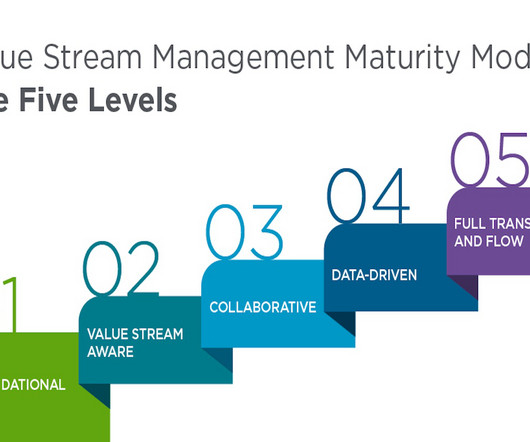

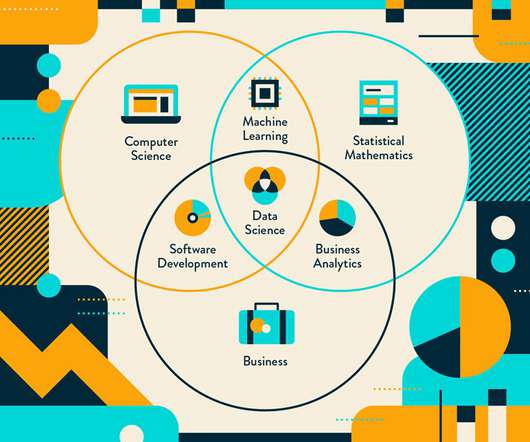
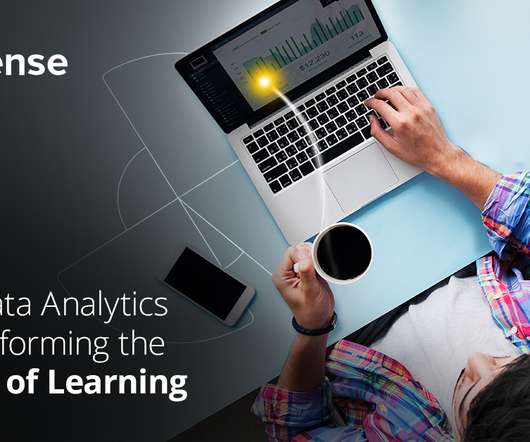









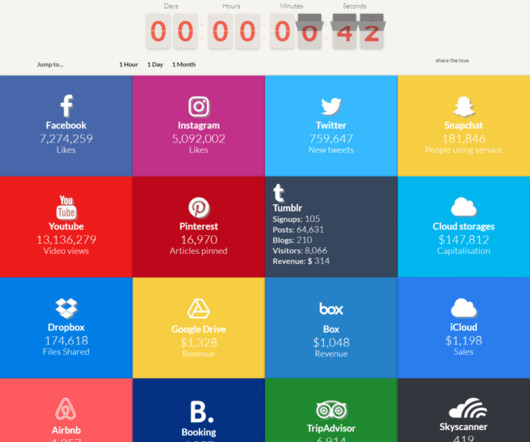

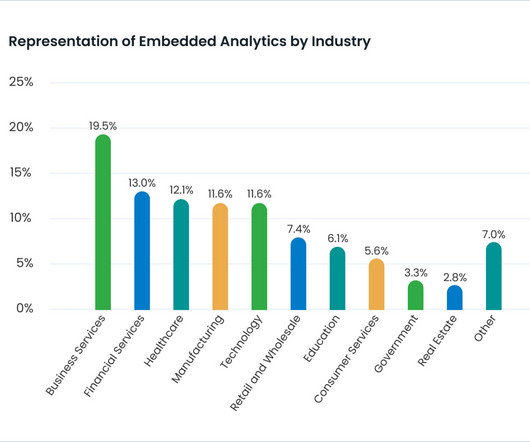








Let's personalize your content